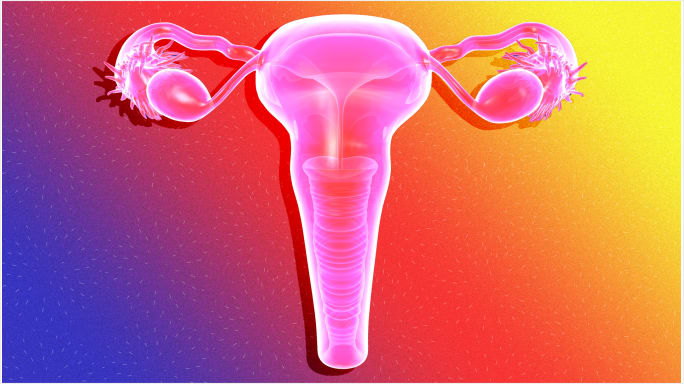There are a variety of factors that contribute to how women choose which type of birth control to use.
Hormonal methods of birth control have long been given a bad rap for causing weight gain, causing many women to be wary of using contraceptive options like the Pill, the patch, the ring, and other types of contraceptives that use synthetic female hormones to prevent pregnancy. According to a study conducted by researchers at Penn State College of Medicine, concerns about weight gain may be a driving factor behind women’s contraception choices.
Cynthia H. Chuang, professor of medicine and public health sciences, states that weight gain is one of the most frequently cited reasons why women stop using their hormonal contraception and thus, heighten the risk of unintended pregnancies. Ironically, experts have yet to find any concrete evidence linking weight gain to hormonal contraceptives.
“What we think may be happening is that women who are overweight and obese may be more likely to choose methods other than the pill or the shot because of fear of weight gain,” Chuang said in a statement with Penn State News. “As a result, they are choosing both more effective methods (LARCS) and less effective, non-prescription methods.”
There is some validity in the perceptions of women and their associations of hormonal birth control and weight gain. The birth control shot has been associated with weight gain in younger women. While it is unlikely that oral contraception actually causes weight gain, many women still attribute gaining weight to the use of the birth control pill. Chuang and her co-researchers wanted to examine whether women’s weight or their perception of weight influenced the type of birth control they chose to use and if so, in what ways. In order to do this, researchers studied demographic and survey data from almost 1,000 privately insured women in Pennsylvania.
Researchers found that overweight and obese women are more likely to use non-prescription methods such as condoms or no method at all. LARCS or long-acting reversible contraceptives include IUDs and the contraceptive implant, which do not contain estrogen, which is what some women believe causes weight gain. Chuang was happy that these women were at least choosing to use LARCs, which are a more effective form of birth control.
In terms of how perception of weight influenced contraceptive choice, researchers found that half of the women in the study perceived themselves to be overweight, even though only around 42 percent of them were overweight based on BMI. However, this perception did not seem to influence birth control choice.
“Women may be worried about weight gain when they’re making decisions about birth control, so clinicians need to be aware of that,” Chung said. “It could be an opportunity to counsel women about LARCs, which are more effective forms of contraception.”




comments